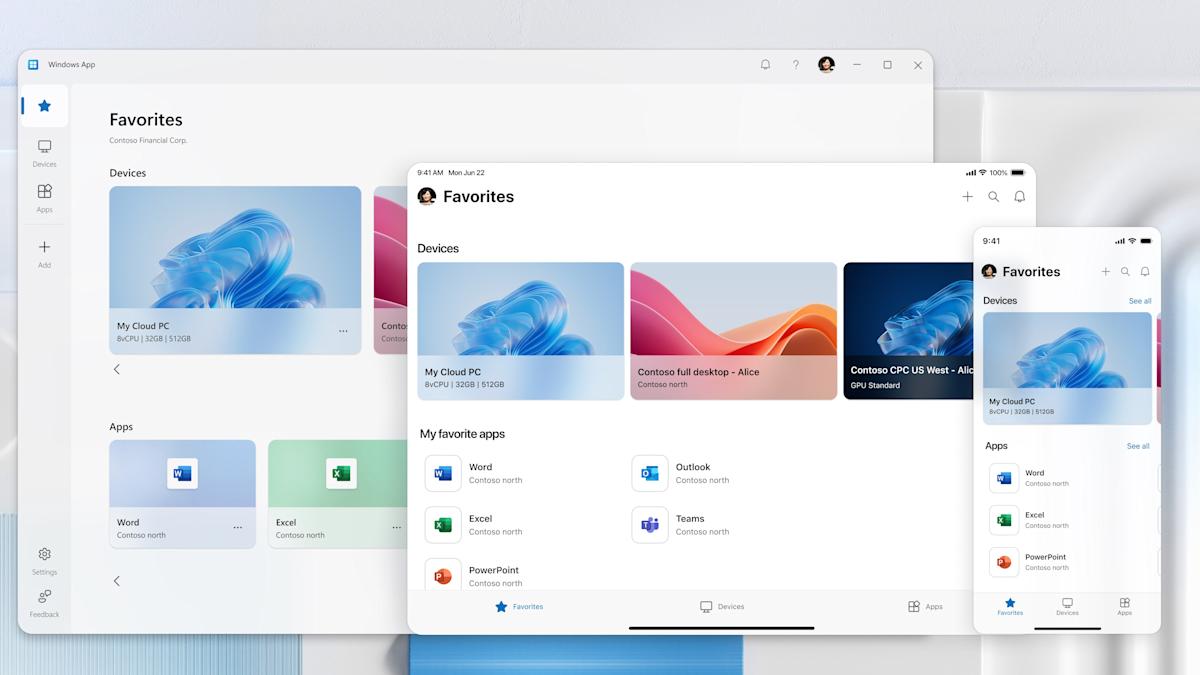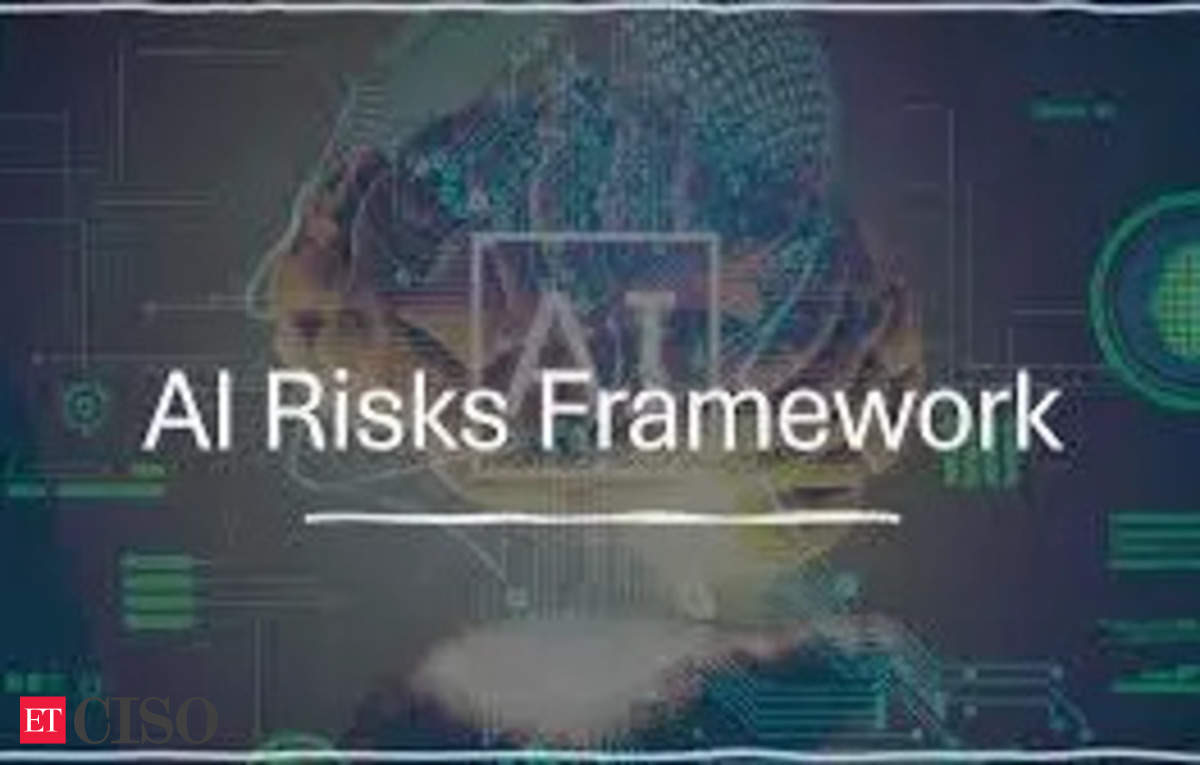Rivian has made significant strides in reducing costs, bringing the company closer to achieving profitability. However, the electric vehicle manufacturer is anticipating a potentially challenging year in 2025 due to the uncertainty surrounding the new Trump administration.
On Thursday, Rivian announced its financial results for the fourth quarter and full year of 2024, along with plans to deliver between 46,000 and 51,000 electric vehicles in 2025. The company cautioned that changes in government policies and regulations, as well as a demanding market environment, could impact these projections, as stated in the shareholder letter accompanying the results.
Although Rivian did not specify the potential changes, President Trump has expressed his intention to eliminate the $7,500 federal tax credit for electric vehicles during his campaign. Furthermore, Vivek Ramaswamy, an ally of the Trump administration, has advocated for the recovery of a $6.6 billion loan from the Department of Energy to construct a plant in Georgia. This loan was finalized just three days before Trump took office.
During a conference call on Thursday, Rivian’s Chief Financial Officer, Claire McDonough, stated that the company is looking forward to collaborating with the new administration and the Department of Energy regarding the loan. She emphasized that Rivian plans to create 7,500 manufacturing jobs at the planned Georgia plant. McDonough also mentioned that the company anticipates taking a significant hit, potentially amounting to hundreds of millions of dollars, due to tariffs, potential loss of electric vehicle credits, and other policy changes.
Rivian’s CEO, RJ Scaringe, expressed the company’s alignment with the administration’s goal of maintaining the United States’ leadership in the electric vehicle industry. He highlighted the importance of investing in areas such as electronics, software, autonomy, and AI to achieve this objective.
Rivian’s Cost-Cutting Efforts
Throughout 2024, Rivian implemented various cost-cutting measures. In February, the company laid off 10% of its workforce and introduced simplified, more affordable versions of its flagship electric vehicles, the R1T pickup and the R1S SUV, in June. These changes involved modifying 600 components to reduce manufacturing costs, as well as revamping the electric architecture and software user interface.
These efforts led to a positive gross profit of $170 million in the fourth quarter of 2024, with $60 million contributed by software and services.
Rivian reported $1.7 billion in revenue for the fourth quarter, representing a 32% increase from the same period in 2023. The majority of this revenue, approximately $1.5 billion, came from the sale of 14,183 vehicles, as well as $299 million from the sale of zero-emissions regulatory credits to automakers. For the year, Rivian generated $325 million in revenue from the sale of regulatory credits.
Software revenue is increasingly contributing to Rivian’s growth, with the company generating $214 million from software and services in the fourth quarter, double the amount from the same period in the previous year. Rivian reported $484 million in revenue from software and services for 2024.
While Rivian’s primary business is building and selling electric vehicles, its future is also heavily dependent on software, particularly through a lucrative joint venture with Volkswagen Group.
The revenue from software was primarily driven by charging and subscription fees, repair and maintenance services, and new vehicle electrical architecture and software development services provided by the joint venture, according to Rivian.
The Introduction of Generative AI at Rivian
Rivian has adopted generative AI as a tool to streamline customer service and reduce costs. The company aims to utilize AI to automate processes and minimize administrative overhead for non-repair tasks, as stated in its shareholder letter.
In practice, this involves an AI assistant, or chatbot, integrated into the Rivian app. The company launched a beta version of this feature in the Rivian mobile app for R1 customers in December.
The AI assistant was developed using a combination of in-house AI infrastructure and third-party large language models, according to a Rivian spokesperson. The company has implemented safeguards to limit the conversation to Rivian service and guide-related questions.
The AI assistant is designed to answer questions about service needs, general vehicle inquiries, and perform basic troubleshooting. It can also collect necessary information for service and address general questions about the vehicle.
This story has been updated with information from Rivian’s quarterly earnings call.
Source Link





